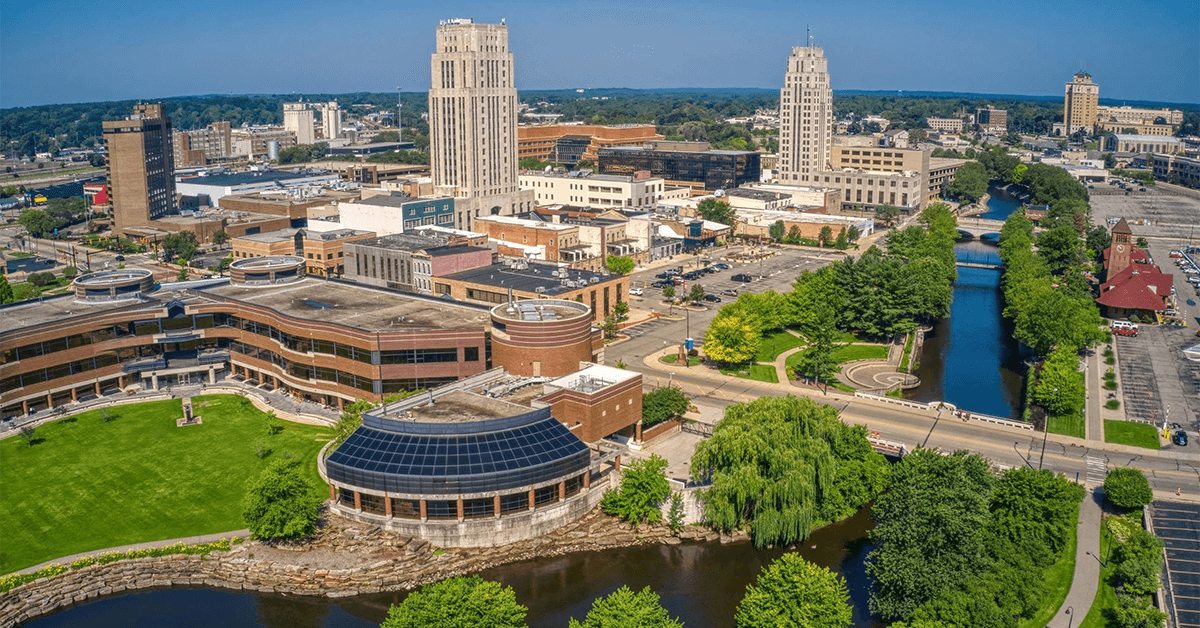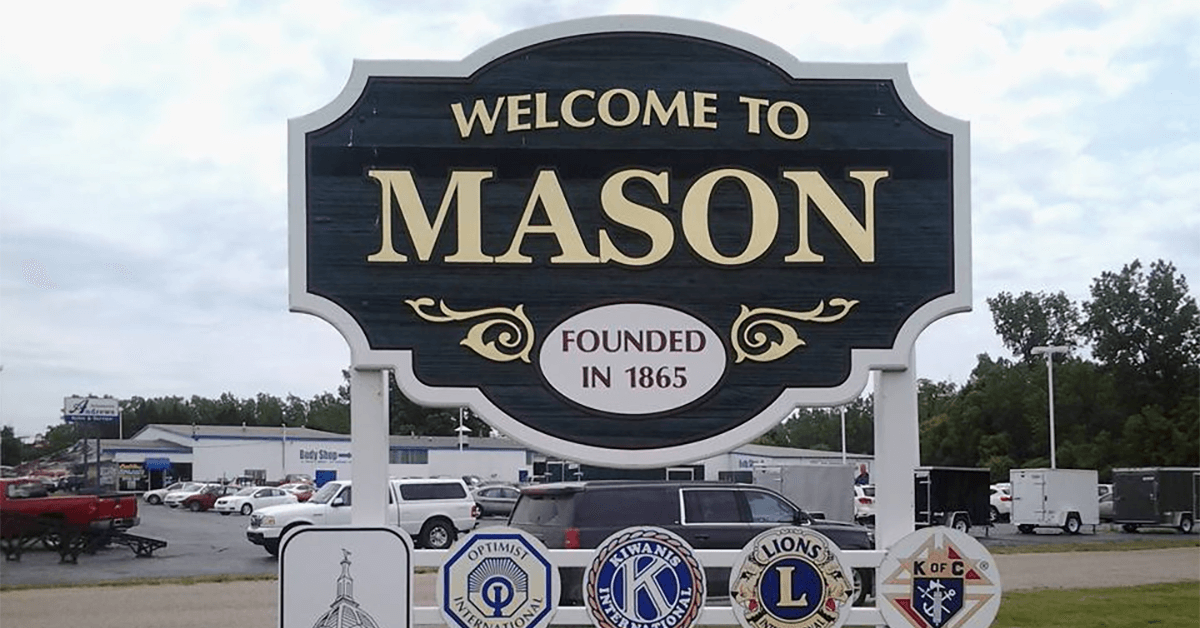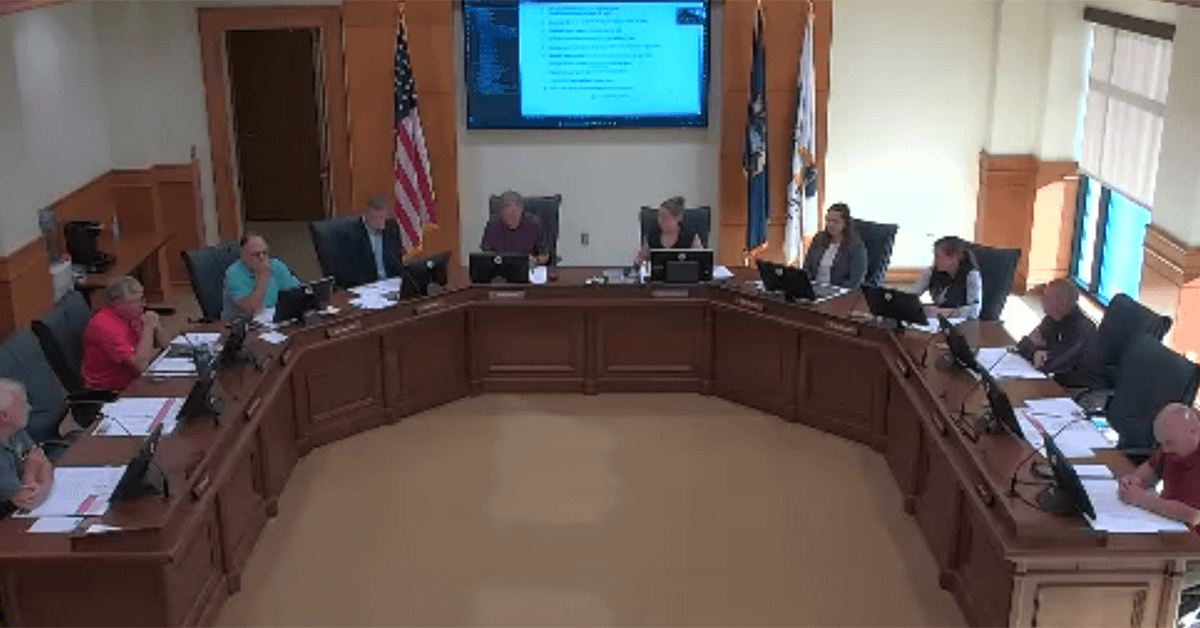Battle Creek Cannabis Businesses Receive State Grants for Social Equity

Four cannabis businesses in the Battle Creek area are set to receive grants exceeding $16,000 each through Michigan's Cannabis Regulatory Agency's statewide social equity program. The initiative aims to foster a more sustainable and equitable cannabis industry by supporting businesses in communities that have historically faced disproportionate challenges due to cannabis prohibition and enforcement.
State Senator Sarah Anthony highlighted the importance of this initiative, stating, "Since the legalization of cannabis in 2018, it's become evident that our state must take further steps to guide this burgeoning industry towards a more sustainable and equitable future." She added, "This opportunity allows for the reinvestment in local talent and the stimulation of economies in both urban and rural areas, such as Lansing, which have been adversely affected by the industry's emergence. Congratulations to the 62 awardees across the state and the seven grantees from the Greater Lansing region."
The Social Equity Grant Program, established following the 2018 legalization of adult-use cannabis by voter initiative, allocates a total of $1 million to 62 qualifying social equity licensees, each receiving $16,129. The program's creation underscores the state's commitment to remedying the historical inequities and fostering participation within the cannabis industry by individuals from impacted communities.
In Battle Creek, KDs Venture, NMR1, Simpots Enterprises, and Symponia Farms are among the recipients of this funding. This marks the first occasion that funds have been expressly designated to support social equity licensees.
Brian Hanna, Executive Director of the Cannabis Regulatory Agency, expressed his enthusiasm about the grants, "I'm thrilled to see our licensees utilize these funds to make positive impacts on their employees, communities, and businesses. Our social equity licensees truly deserve this opportunity."
To qualify for the Social Equity Grant Program (SEGP), recipients must hold a valid adult-use license issued by the CRA, be majority-owned by individuals eligible for the Social Equity Program, and be certified participants in the CRA's Social Equity All-Star Program.
The allocated SEGP funds are designated for use in specific areas, including employee education, business needs, and community investment. This includes funding for employees to pursue relevant education at accredited institutions, compliance with licensing and regulatory requirements, and support or donations to organizations, nonprofits, or charities that contribute positively to the community where the business operates.
Share this article:
Spotted a typo, grammatical error, or a factual inaccuracy? Let us know - we're committed to correcting errors swiftly and accurately!








 Helpful Links
Helpful Links